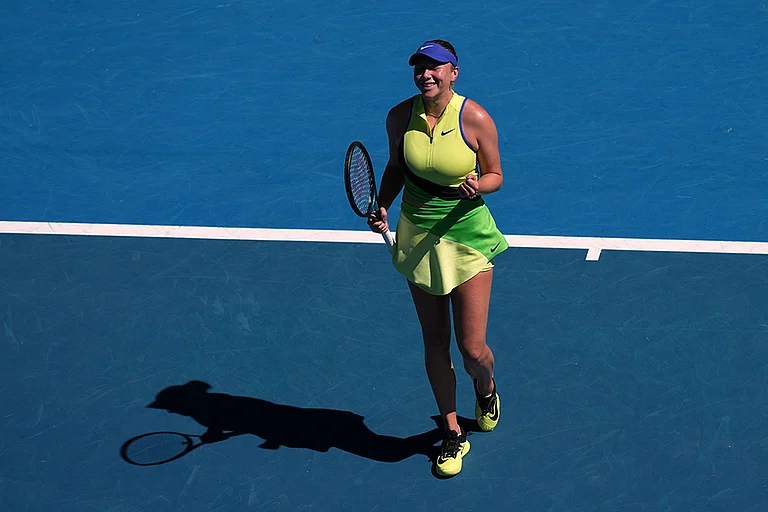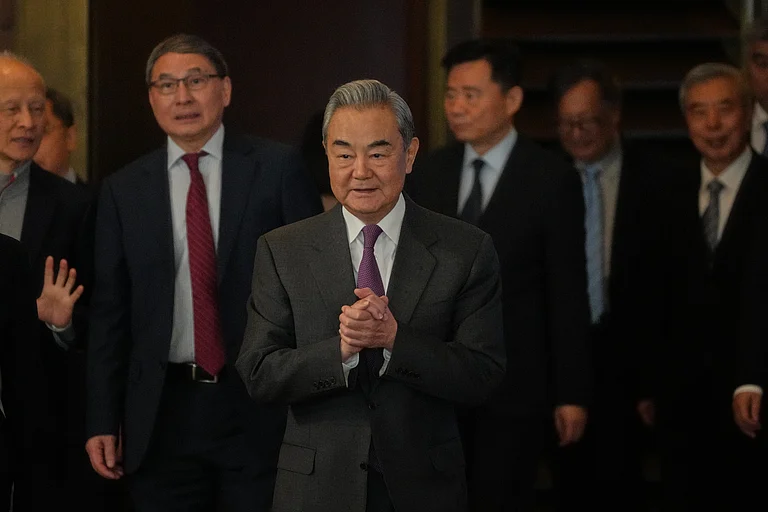US National Security Advisor Jake Sullivan and his Chinese counterpart Wang Yi held more than 12 hours of meetings in Bangkok, the White House said Monday.
"Over the weekend, National Security Advisor Jake Sullivan held more than 12 hours of meetings in Bangkok with his counterpart from the People's Republic of China, Director Wang Yi," John Kirby, NSC Coordinator for Strategic Communications at the White House told reporters at a news conference here.
"Sullivan and Director Wang took stock of progress on key issues following the meeting between President (Joe) Biden and (Chinese) President Xi (Jinping) back in November. Now, that includes discussing efforts to resume military-to-military communication, which has occurred; addressing artificial intelligence safety and risks; and advancing bilateral counter-narcotics cooperation," Kirby said. In fact, the launch of a working group on counter-narcotics will begin Tuesday in Beijing. The US delegation will be led by Deputy Homeland Security Advisor Jen Daskal.
"The two sides also held constructive discussions on global and regional issues, including those related to Russia's war against Ukraine; the Middle East, of course; the DPRK; the South China Sea; and Burma. And they also discussed cross-Strait issues," Kirby said.
At a separate news conference with Secretary of State Antony Blinken, NATO Secretary General Jens Stoltenberg welcomed that the United States and other allies engage with China in dialogue on issues of mutual concern, like climate change and arms control.
"But at the same time, we have to take seriously the consequences for our security, the significant military buildup which China now is undertaking, and also the fact that the war in Ukraine is bringing China and Russia closer, with the substantial support that China provides to Russia in different ways and the promise of a limitless partnership in the midst of this brutal war of aggression against Ukraine," he said.
"Of course, the size of the Chinese economy, the significant military buildup, all of that is a challenge for all NATO allies, also for the United States. The United States is by far the biggest ally, but it is a great advantage even for the United States to have so many friends and allies as you have in NATO. No other major power -- Russia and China has nothing similar," Stoltenberg said.
"The US represents 25 per cent of the world's GDP. But together with NATO allies, we represent 50 per cent of the world's GDP and 50 per cent of the world's military might. So, there's no reason why the US should deal with China alone. Together, we are so much stronger. It demonstrates that NATO is a good deal for the United States," he said in response to a question.
"It's good for all European allies, but also for the United States. So, therefore, one of the messages from the summit next summer I expect will be that we need to stand together in a more dangerous world. NATO is more needed than ever because we live in a more unpredictable and dangerous world," he said.


























